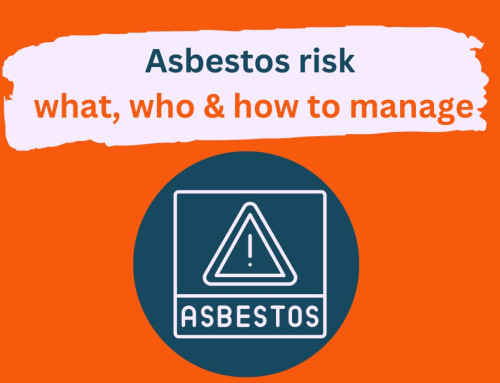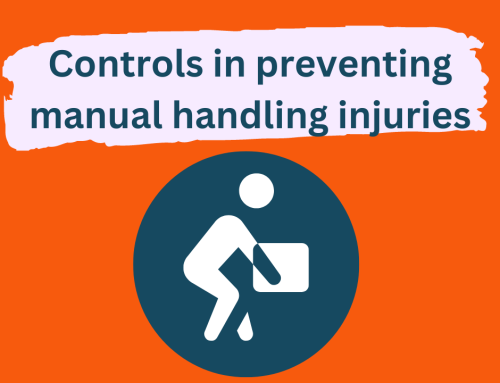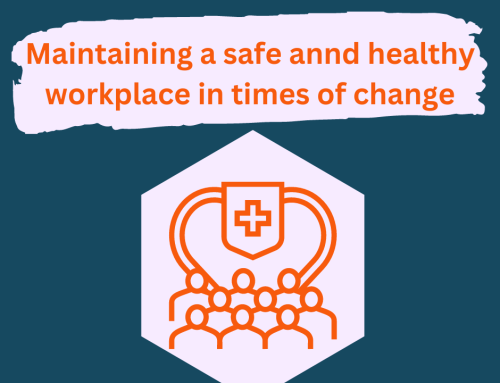I recently attended an IHRR seminar given by Andy Davis of Trident Manor Ltd, a specialist risk management consultancy, on the topic of managing risks to staff in hostile or difficult environments. There were some really useful points which I have reproduced here, but I’ve also added some notes relating to travel insurance, in order to help you understand your responsibility and options when sending staff overseas.
What makes an environment hostile?
There are a number of factors that can make an environment difficult or hostile: culture, health, crime, natural hazards, terrorism, was, civil unrest, etc. A hostile or difficult environment is essentially one that has a negative impact on people’s life/health/ability to perform their function.
Why is this distinction important?
Organisations have a duty of care- this includes security, safety and wellbeing. This duty of care is based on common law, the Health & Safety at Work Act 1974 and the Corporate Manslaughter and Corporate Homicide Act 2007.
The activities of organisations could also be subject to international or overseas legislation too, as in the case of Dennis vs Norwegian Refugee Council – Dennis was a Canadian working for an NGO in Kenya. He was shot in the leg, and taken prisoner by Al-Shabab. Dennis sued his employer on the basis that they failed to make adequate arrangements to protect employees in high risk situations.
When an organisation sends its staff into dangerous environments its duty of care is increased, and organisations should plan and prepare for this.
What, then, should employers do?
Firstly, they need a risk management strategy and plan. Broadly speaking an organization needs to decide which risks it will accept, avoid, reduce or transfer.
Secondly, organisations should put in place a travel risk management procedure. This should incorporate regular updates and incident instigated reviews. This can reduce the liability of an organisation if it published and followed.
Employers need to engage in education and training its employees. This training should be relevant to the employees’ destination & environment and also traveller-specific. The education should enable the traveller to manage the risks they face. Training could include cultural awareness, driver training, information on local laws, situational awareness and so forth. Training and education should also be extended to employees’ accompanying family.
Next, organisations should examine local medical and welfare services. Employers need to establish the local provision, including facilities and insurance/payment arrangements. This may also impact equipment requirements and language training necessities.
Communications processes are also vitally important, and link strongly to welfare concerns, as well as having an operational impact. Employers should plan for communications dead spots and the need for local SIM cards. Check in times should be pre-arranged to confirm communication system works and staff are ok.
Finally, employers should put in place a crisis management strategy. This is essentially a list of actions to take in the event of various scenarios – terrorist attack, natural disaster, arrest, etc. This should link to communications processes.
In order for these risk management strategies to be put in place, organisations will need cross departmental input.
Additional resources to assist employers can be found at the following web locations:
GOV.UK Travel Advice
Wiki travel
Reliefweb
The benefits of these risk management strategies include the minimization of organisational disruption, improved employee wellbeing and achievement of regulatory compliance.
Where does insurance fit into this?
Organisations should put in place Group Business Travel policies to assist in the discharge of their duty of care. These policies ensure that all employees have the same cover, and avoids situations where different employees on the same trip have different insurers and therefore different insurer responses to perils that come into play.
Group travel policies also have wider coverage, including for pre-existing medical conditions, than personal travel policies. Some policies also come with travel alert subscriptions and additional benefits such as kidnap, ransom or hijack cover.
Sending staff into difficult or hostile environments brings with it increased responsibilities, however there are simple and straightforward things that organisations can do, and put in place, to manage the increased risks. Consultants like Trident Manor can help with the practicalities, and insurance policies can help you transfer the financial risk. Do get in touch for more information about what we can offer in terms of insurance.





